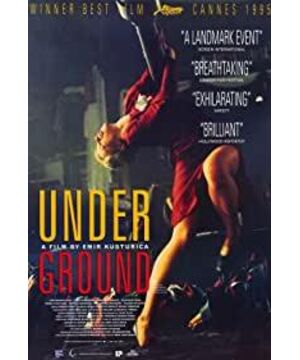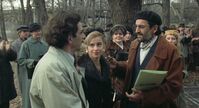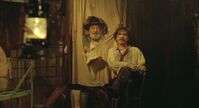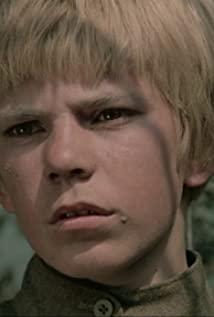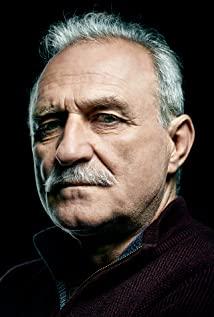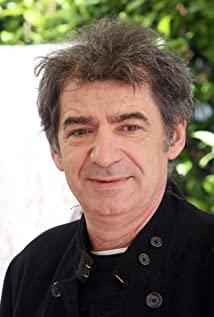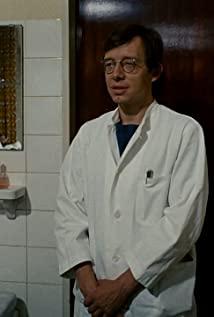Compared with "The Arizona Dream", Kusturica's discussion of "freedom" in this play is more profound. After all, the former is just a cowboy's dream, while the latter is the politics of Eastern Europe's socialist utopia. deconstruct.
For his own selfish desires, Marko artificially set the clock back in the basement for five years. Although the time has whitened Petar's hair, he is always 5 years younger than Marko, who has been exhausted in creating war lies. The basement itself has a double meaning in such a man-made deception: it is a "sanctuary" during the war; after the war, it really becomes a "war utopia" for Petar and the others.
When Petar took his son back to the ground to prepare for a showdown with the "fascist" in his heart, but there was a question about where to go, his son's instinctive reaction was to go back to the perfect utopia in the basement... And this, It is the best comment on the double meaning of the basement. Isn't this basement, and the shack in "Room", the director's most common annotation of "freedom" in human nature through different stories?
View more about Underground reviews


